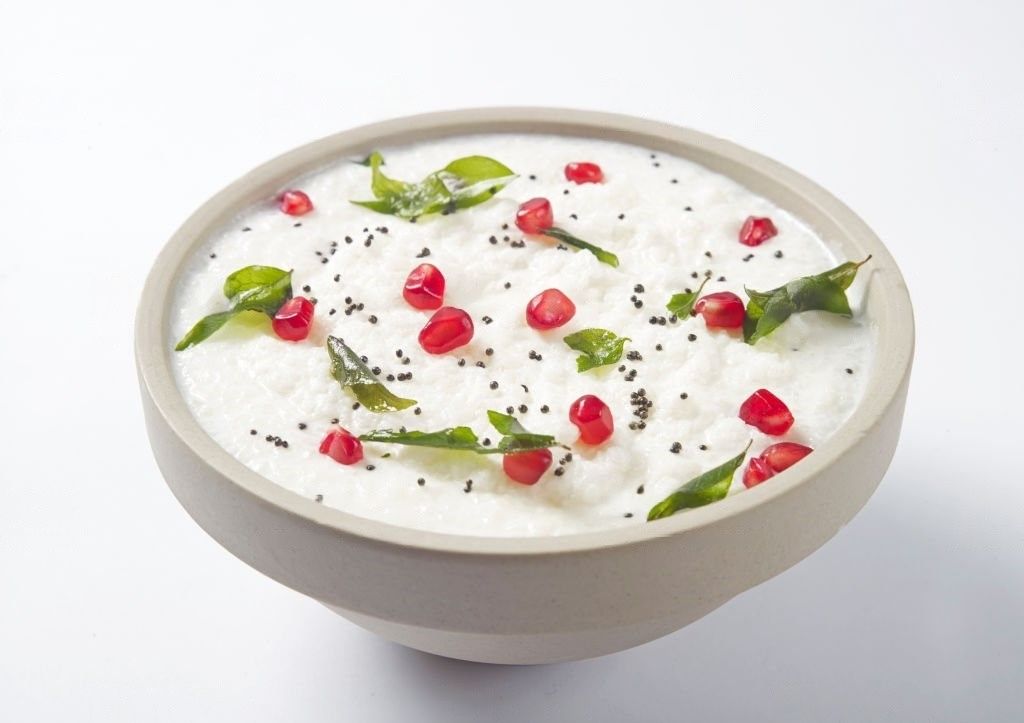How to Promote Gut Health with Fermented Foods: A Guide for Women
Fermented foods like yogurt, dosa, pickles, and kanji are a tasty and potent method to support gut health by increasing beneficial bacteria, improving digestion, and reducing inflammation through the presence of probiotics.

In recent years, gut health has gained recognition as a cornerstone of overall well-being. A balanced and thriving gut microbiome is crucial for digestion, immunity, and mental health. One effective and delicious way to support gut health is through the consumption of fermented foods. Fermented foods are rich in probiotics - live beneficial bacteria - that can populate our gut and promote a diverse and healthy microbiome. In this blog, we will explore the science behind gut health and fermented foods, particularly focusing on women's unique gut health needs. From traditional Indian examples of fermented foods to evidence-backed benefits and actionable tips, this guide aims to empower women to take charge of their gut health and overall wellness.
The Gut Microbiome: A Key Player in Women's Health
The gut microbiome, composed of trillions of microorganisms residing in our digestive tract, plays a vital role in women's health. It influences various aspects, including digestion, hormonal balance, immunity, and mental wellbeing. A balanced gut microbiome can alleviate digestive issues, reduce inflammation, and even contribute to improved fertility and hormonal regulation.
Traditional Fermented Foods for Gut Health
- Yogurt (Curd): An integral part of Indian cuisine, yogurt is one of the most well-known fermented foods. It contains probiotics like Lactobacillus and Bifidobacterium, which can promote gut health and support women's unique needs.
- Dosa and Idli: These popular South Indian dishes are made from fermented rice and lentil batter, providing a dose of probiotics while delivering a delightful culinary experience.
- Pickles: Indian pickles are often made through a fermentation process involving fruits and vegetables. The fermentation enhances their nutritional value and contributes to gut health.
- Kanji: A traditional fermented drink made from black carrots and mustard seeds, kanji is rich in probiotics and offers a refreshing way to support gut health.
The Power of Probiotics: How Fermented Foods Impact Gut Health:
- Boosting Beneficial Bacteria: Fermented foods are teeming with probiotics, the good bacteria that populate our gut. These probiotics can boost the population of beneficial bacteria, leading to a more diverse and balanced microbiome.
- Enhancing Digestion: The probiotics in fermented foods aid in the breakdown of food, making nutrients more accessible to our bodies and improving digestion.
- Reducing Inflammation: A healthy gut microbiome can help reduce inflammation in the digestive tract, which may alleviate symptoms of gastrointestinal disorders.
- Supporting Immune Function: Approximately 70% of the immune system resides in the gut. A well-maintained gut microbiome can support immune function and protect against infections.
Women's Unique Gut Health Needs:
Women have specific gut health considerations that vary throughout their lives, particularly during pregnancy, menstruation, and menopause. Fermented foods can play a crucial role in addressing these needs:
- Pregnancy: A healthy gut microbiome during pregnancy is vital for the mother and baby's well-being. Probiotics from fermented foods can support gut health, potentially reducing the risk of gestational complications.
- Menstruation: Some women experience digestive disturbances and bloating during their menstrual cycle. A balanced gut microbiome can alleviate these symptoms.
- Menopause: During menopause, women may experience changes in gut health and digestion. Including fermented foods in the diet can support gut health and potentially reduce digestive discomfort.
Tips for Incorporating Fermented Foods into Your Diet:
- Start Slowly: If you are new to fermented foods, start with small servings to allow your digestive system to adjust to the probiotics gradually.
- Diversify Your Choices: Experiment with a variety of fermented foods to get a broad spectrum of probiotics. Try yogurt, sauerkraut, kimchi, kefir, and different types of pickles.
- Homemade Fermented Foods: Consider making your fermented foods at home. This way, you can control the ingredients and fermentation process, ensuring a higher probiotic content.
SUMMARY
A flourishing gut microbiome is a key component of women's health, impacting digestion, immunity, and hormonal balance. Fermented foods, such as yogurt, dosa, pickles, and kanji, are a delicious and effective way to promote gut health. The probiotics present in fermented foods can boost beneficial bacteria, enhance digestion, and reduce inflammation.
As women navigate different life stages, incorporating fermented foods into their diets can provide essential support for their unique gut health needs. By making fermented foods a regular part of their diets, women can take a proactive approach to support their gut health and overall well-being.
Jayti Shah is a Clinical Nutritionist with a master's degree in Clinical Nutrition and Dietetics. She is a member of the Indian Dietetic Association (IDA). Over the last 9 years, she has helped 400 clients in their clinical and weight loss journeys. She works with SocialBoat as a nutrition consultant.
At SocialBoat, we offer custom diet plans and guided workouts to help you achieve your goals in a 360-degree approach. Our gamified experience ensures that you don’t find workouts boring and we reward you for being consistent with your efforts.

REFERENCES
- Hill, C., Guarner, F., Reid, G., Gibson, G. R., Merenstein, D. J., Pot, B., Morelli, L., Canani, R. B., Flint, H. J., Salminen, S., Calder, P. C., & Sanders, M. E. (2014). The International Scientific Association for Probiotics and Prebiotics consensus statement on the scope and appropriate use of the term probiotic. Nature Reviews Gastroenterology & Hepatology, 11(8), 506-514.
- Vighi, G., Marcucci, F., Sensi, L., Di Cara, G., & Frati, F. (2008). Allergy and the gastrointestinal system. Clinical and Experimental Immunology, 153(S1), 3-6.
- Kechagia, M., Basoulis, D., Konstantopoulou, S., Dimitriadi, D., Gyftopoulou, K., Skarmoutsou, N., & Fakiri, E. M. (2013). Health benefits of probiotics: a review. ISRN Nutrition, 2013.
- McFarland, L. V. (2014). Use of probiotics to correct dysbiosis of normal microbiota following disease or disruptive events: a systematic review. BMJ Open, 4(8), e005047.
- Guarner, F., Sanders, M. E., Gibson, G., Klaenhammer, T. R., Quigley, E. M., & American Gastroenterological Association. (2017). Probiotic and prebiotic claims in Europe: seeking a clear roadmap. British Journal of Nutrition, 118(4), 381-384.
- Marco, M. L., Heeney, D., Binda, S., Cifelli, C. J., Cotter, P. D., Foligné, B., Gänzle, M., Kort, R., Pasin, G., Pihlanto, A., Smid, E. J., Hutkins, R. (2021). Fermentation: microbial fundamentals and human health benefits. Microbiome, 9(1), 1-28.
